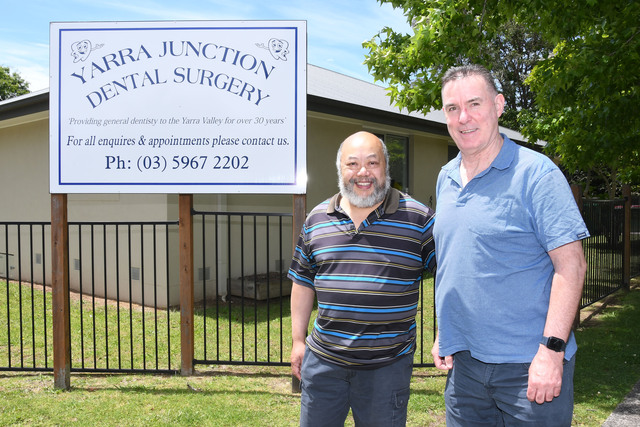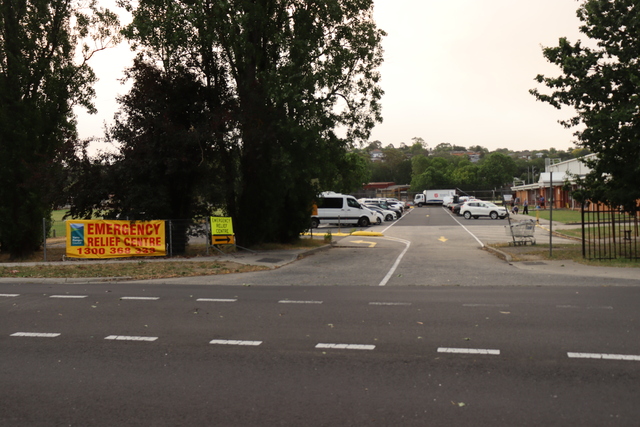Advocates want certainty on supports provided to children with autism under a major overhaul of the NDIS, as the minister overseeing the scheme tries to reassure parents about the changes.
Children with mild to moderate autism and those with developmental delays will be moved off the National Disability Insurance Scheme and into a separate $2 billion program called Thriving Kids.
It will begin rolling out from July 2026 and be fully implemented by July 2027.
The outer east’s Different Journeys joined Amaze, Aspergers Victoria, Yellow Ladybugs, and I Can on Thursday 21 August to release a statement to say that, as a collective, they would work with families and the State Government to deliver a “Victorian-friendly roll out”.
“We acknowledge autism is a whole-of-life experience in which support needs change. We recognise the role of families in supporting our autistic individuals to allow them to be the best they can,” the statement read.
“We understand the uncertainty and fear this announcement may have created and we will work together to ensure community is supported and understood.”
The organisations said they welcomed the opportunity to work with the government “to understand Minister Butler’s announcement”.
Victorian Premier Jacinta Allen told reporters in Melbourne on Thursday her government was caught off guard about the changes.
“Like many states and territories, we heard about the proposed changes from the federal government when the minister made his address yesterday,” she said.
“There are many families, particularly many parents, today who have got many questions and I hope that the federal government can move quickly to answer the questions that families are asking.”
But Mr Butler said on Friday 22 August, that this shift had been discussed with States and Territories for two years.
The Victorian autism awareness and support organisations congratulated the State on its initiatives to improve and empower the autistic and autistic community.
“We support the extension of the State Disability Plan and Victorian Autism Plan, both until June 2027,” the statement read.
“We are proud of Victoria’s achievements with autistic children, including the State-wide roll out of the Disability Inclusion Reform in Victorian government schools, which has been positive for our families.”
The statement also cautioned the Federal Government in its approach to discussing autism.
“We can understand that there are opportunities from bringing health and disability together at a federal level.
“However, we would caution the Federal Government to avoid discussing autism in a medical model, given the gains by all jurisdictions to discuss autism in the social model of disability.”
Autism peak body Aspect says families must have confidence there will be continuity of support for children.
“Autism is a lifelong developmental condition and it’s vital that children and their families have access to the right supports early on so they can grow and thrive,” chief executive Jacqui Borland said.
Opposition health spokeswoman Anne Ruston wants more details on the changes.
“There are probably very many parents who will be distressed about the uncertainty that yesterday has created for them,” she told ABC Radio on Thursday.
“The thing that concerns me most is the lack of detail and the impact that’s likely to have on many parents, many families.”
Half of new entrants to the NDIS are children under nine, with the majority of them on the autism spectrum or having a developmental delay.
The new program has been welcomed from many child and family organisations, including The Front Project
Government investment in Thriving Kids represented a fundamental shift towards holistic care for children with mild autism or development delay, chief executive Caroline Croser-Barlow said.
“For too long, children with development delay or mild autism have had to wait for diagnosis to access supports that are too often in clinical settings,” she said.
















